Most women understandably feel some degree of guilt about having an abortion. After all, abortion is a grossly unnatural act, and people who believe in God (as most aborting women do to varying degrees) have difficulty justifying the deliberate killing of a child that they know was willed into existence by Him.
All of us have a strong urge to rationalize our sins in order to calm our stinging consciences. It is just an inevitable feature of our human nature. “This big corporation won’t miss these little things.” “If I don’t cheat, I’ll be at a disadvantage.” “Taxes are way too high anyway, so I’ll just pad these deductions a little.” Similarly, women who abort often try to justify their actions in one way or another. The Guttmacher Institute has identified many of these justifications. They include “I don’t want people to know I am pregnant,” “I’m not mature enough for a baby,” and “I have relationship problems.”1
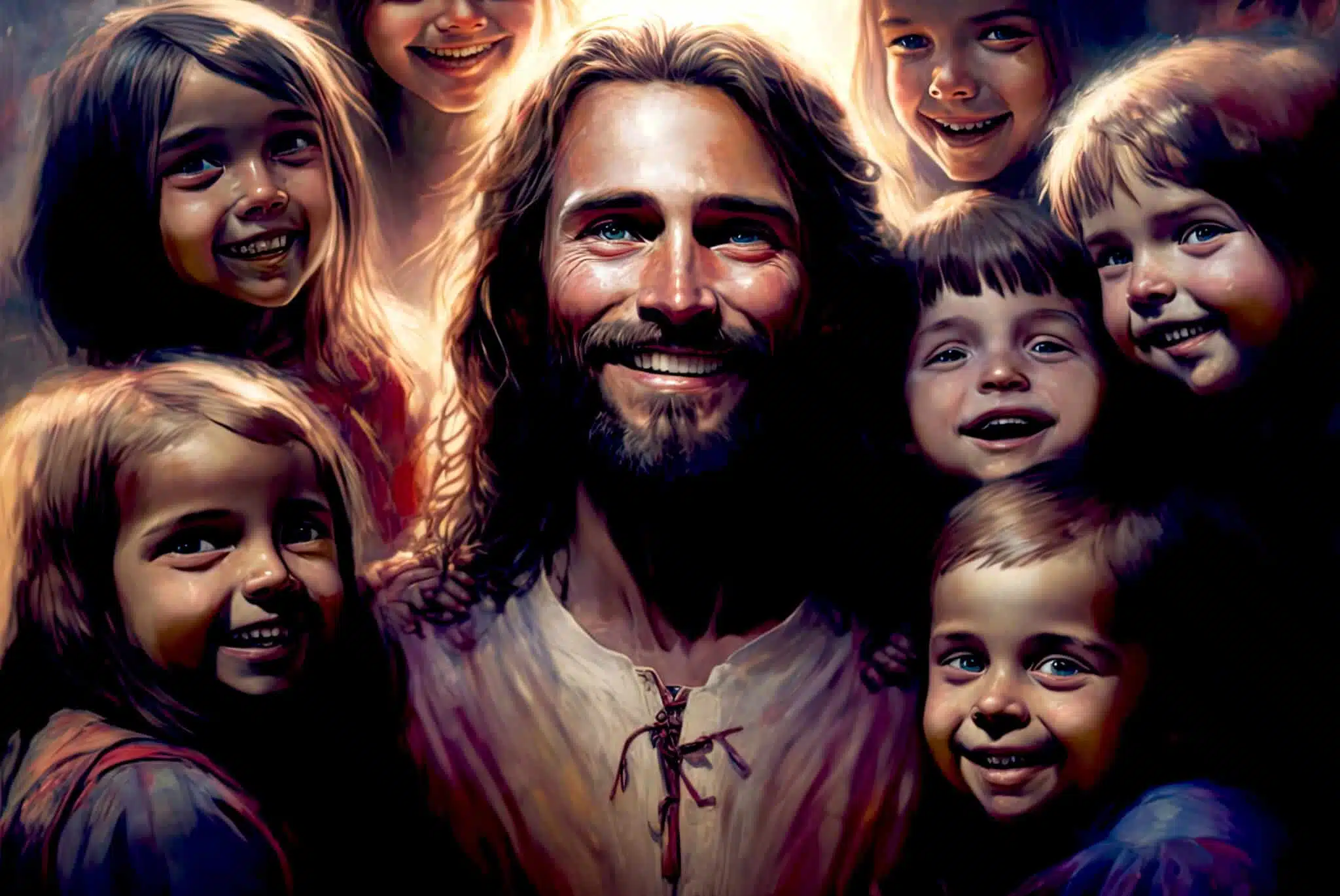
On the other hand, many women who abort actually believe that they are doing their babies a favor. They may have an abusive boyfriend or husband, they might be very poor, or they may sincerely believe that they simply cannot properly take care of another child. In such situations, abortion can seem to them like an act of mercy to a child who will not have to endure the difficulties of a disadvantaged life, and it is comforting to know that the child has “gone on to a better place.”
As pro-life author Randy Alcorn has found, even some priests and pastors ask the question, “Why are you trying to do all this stuff to prevent abortions? Children are better off dying, they’re going to be in Heaven forever.”
Do Aborted Babies Go to Heaven?
So let us briefly consider the question: do aborted babies go to Heaven?
The greatest theologians of the Church, including St. Thomas Aquinas, St. Augustine and St. Leo the Great, have all pondered this question at length. They concluded that God always provides the possibility of salvation at all times and in all circumstances. Some theologians believe that, after their deaths, God gives aborted and miscarried babies full knowledge so that they may make their own decision about eternity, just as they would have done here on earth.2
The Church has always asserted the necessity of baptism to attain Heaven. The Church recognizes three types of baptism that all can be a way of salvation for children and adults alike. These types of baptism are:
- Baptism of Water, which is the traditional and typical form of baptism where the priest pours water over the person’s head.
- Baptism of Desire, which is where an individual desires to be baptized but dies before they are baptized, or perhaps they have never heard of God but does God’s Will as they best understand it (in this case, it’s assumed that the individual would have desired baptism, should they have known of its necessity. The individual is entrusted to the mercy of God).
- Baptism of Blood, which is where an individual dies for the faith.
So, how does this apply to children who die before they are born?
Beginning in the Middle Ages, many theologians, including Aquinas and Duns Scotus, postulated that children who died before birth resided in a place of perfect natural happiness known as “Limbo.” Although the theory of Limbo remains a theological possibility, it has generally fallen into disuse in favor of alternatives that hold out greater theological hope. It is certainly possible that unborn children themselves may desire baptism naturally in their pure state, because they are free of actual sin.
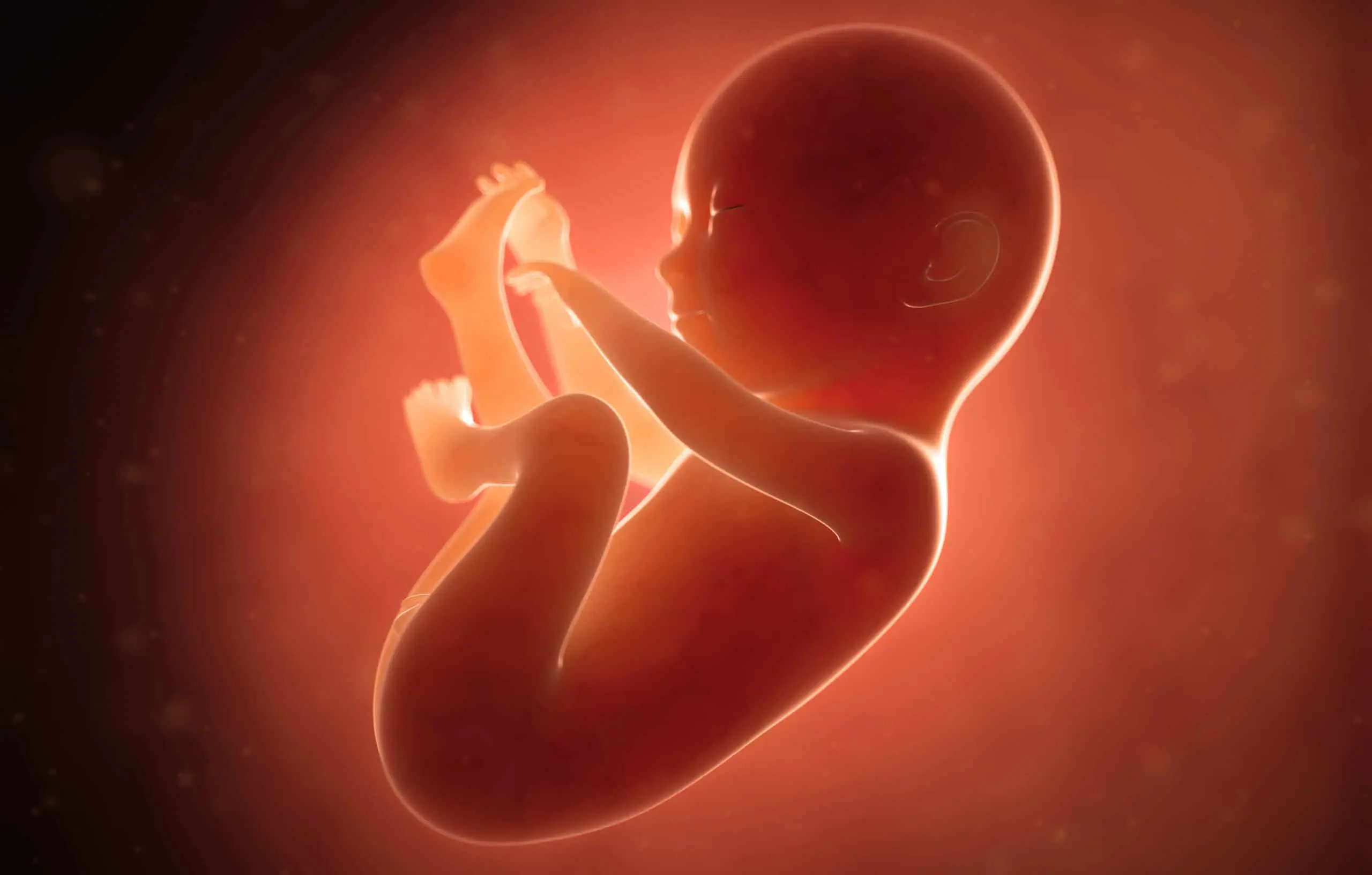
Illustration of an human fetus at 6 months
And, of course, there is the baptism of desire. If an expectant Catholic couple have the intention of baptizing their child after he or she is born, but miscarry instead, we can have hope that the child was baptized by the desire of his or her parents. This is usually not the case when women abort their children, which is why some Catholic groups pray in the place of the parents for the baptism of aborted children.
Before Vatican II, there were no liturgical prayers for unbaptized infants who died, but this deficiency has been remedied. The 1970 Roman Missal features a funeral Mass for a child whose parents intended for him or her to be baptized, and there are prayers for them in the Ordo Exsequiarum (1969 Latin edition of the Order of Christian Funerals). In its 1980 Instruction on Children’s Baptism, the Congregation for the Doctrine of the Faith reaffirmed, “With regard to children who die without having received Baptism, the Church can only entrust them to the mercy of God, as indeed she does in the funeral rite established for them.”3
In 2007, the International Theological Commission concluded:
The many factors that we have considered above give serious theological and liturgical grounds for hope that unbaptized infants who die will be saved and enjoy the Beatific Vision. We emphasize that these are reasons for prayerful hope, rather than grounds for sure knowledge. There is much that simply has not been revealed to us.
So, do aborted babies go to heaven? In short, there is no definitive way to know. Sacred Scripture and Revelation tell us nothing about the fate of unbaptized infants. Even if they spend eternity in a place like Limbo where they are perfectly happy, to deprive them of the Beatific Vision of God would be a horrible injustice. In other words, we cannot know the disposition of these children’s souls, so we must not kill them in a misguided attempt to “send them to a better place.”
Every Person Has a Unique Calling
Abortion removes a human person from the world that cannot be replaced. The Catholic Church teaches that every person has a unique vocation for their life, and that no one else can complete their calling. By killing off a child before they’re even born, we are losing what that person was called to bring to the world.
Abortion Is Never a Mercy
Those who assert that abortion is a kindness to some children are also forgetting several other important points.
1. Poverty Isn’t a Life Sentence
First, just because we are born into poverty or difficult family circumstances doesn’t mean our entire lives are going to be spent this way. Every one of us has the opportunity to better our circumstances — but that chance will cease to exist if we are aborted. The list of presidents, military leaders, sports heroes, multimillionaires, media personalities and movie stars who began their lives in poverty is endless. To abort a child because the mother’s circumstances are difficult is the ultimate statement of despair and is an offense against hope. It is also grossly materialistic, assuming that our personal welfare or status is our highest calling in life.
Of course, for those who do not believe in God and Heaven, we can invert this question. If Heaven is a fantasy, and if this life is all we have, then abortion steals everything a child is going to have, whether it is good or bad. This makes abortion a horribly cruel act, even for those who do not believe.
Multiple rich celebrities grew up poor, including Paul Giamatti, Celine Dion, and Jim Carrey. Several U.S. presidents also grew up poor, like Calvin Coolidge and Abraham Lincoln.
2. Poor People Can Live Meaningful Lives
Second, even if a child never escapes poverty, he or she has the opportunity to better the lives of all of those around them. All of us are called to care for others by feeding the hungry, clothing the naked, comforting the afflicted, etc. The true measure of a person is not how much money or how many possessions they have, it is how much they care for those around them. Happiness is everyone’s goal, and it comes from giving, not possessing.
Ven. Rutilio Grande came from poor beginnings and was a child of divorced parents. He ended up becoming an influential priest, defending and helping the poor. He was martyred. Bl. Simon Hwang Il-gwang also came from a poor family. He converted to Catholicism and was later tortured for information regarding his fellow Catholics, which he refused to reveal. He later was martyred. St. Mark Ji Tianxiang was addicted to opium.
3. What about Birth Defects?
Third, many abortions are performed for actual or perceived birth defects, sometimes as trivial as cleft lip or palate. Many women simply believe that handicapped children are better off dead.
But we have all heard many stories about how a handicapped child has brought unexpected blessings to those parents who choose to let her live. The most common such story involves children with Trisomy 21, or Down syndrome, 90% of whom are aborted. However, Down syndrome children are among the happiest. A 2011 study found that 99% of Down syndrome children reported they were happy with their lives. 96% liked how they looked, and 97% liked who they were. Family perspectives about Down syndrome – PubMed (nih.gov)
Additionally, multiple saints have suffered physical deformities. Blessed Margaret of Castello was a hunchback, Blessed Hermann of Reichenau had a cleft palate and cerebral palsy. Blessed Alexius Kim Si-u was half-paralyzed.
A child with a birth defect is still a child — no matter how serious his or her disability. With our limited intelligence and vision, we cannot even begin to perceive the intricacies of God’s plans for our own lives, let alone His intentions for a child who has not even been born yet.
4. The Slippery Slope to Infanticide
Finally, the assertion that aborted unborn babies go straight to Heaven is an excellent argument for infanticide. In fact, we occasionally hear about incidents where parents have murdered their infants or toddlers and claimed that they were “sending them to a better place” so that they could escape difficult circumstances on Earth. If we can kill an unborn child to save them from a difficult life, why can’t we kill a small child for the same reason?
Conclusion
In summary, Christians have great hope that aborted children are happy after they die, or have the choice to be, whether or not they are in the presence of God. However, aborting them is not an acceptable way of getting them there faster.
If it is not right to “send them to a better place” when they are two or three years old (such was the case with King Herod’s slaughter of the innocents), it is not right to send them there by killing them before they are born.
This article was published May 2020 by Dr. Brian Clowes and most recently updated July 2023 by Marisa Cantu.
+ Endnotes
[1] Aida Torres and Jacqueline Darroch Forrest. “Why Do Women Have Abortions?” Family Planning Perspectives (Alan Guttmacher Institute), July/August 1988, pages 169 to 176, Table 1.
[2] The Homiletic & Pastoral Review has printed several excellent discussions on the concept of Baptism of Desire. Specifically, see Father Francis C. O’Hara’s article entitled “Limbo ― in Terms of Abortion” in the January 1985 issue and the rebuttal letters by Father Thomas Cleary, Father David Altman and Richard A. Ruth in the June 1985 issue. Back issues of this monthly magazine, produced primarily to aid priests in the preparation of sermons, are commonly saved by priests in larger parishes and by offices of various Archdioceses.
[3] Congregation for the Doctrine of the Faith, Pastoralis Actio, n. 13, Acta Apostolicae Sedis 72 (1980), 1144. See also the Catechism of the Catholic Church, ¶1261.


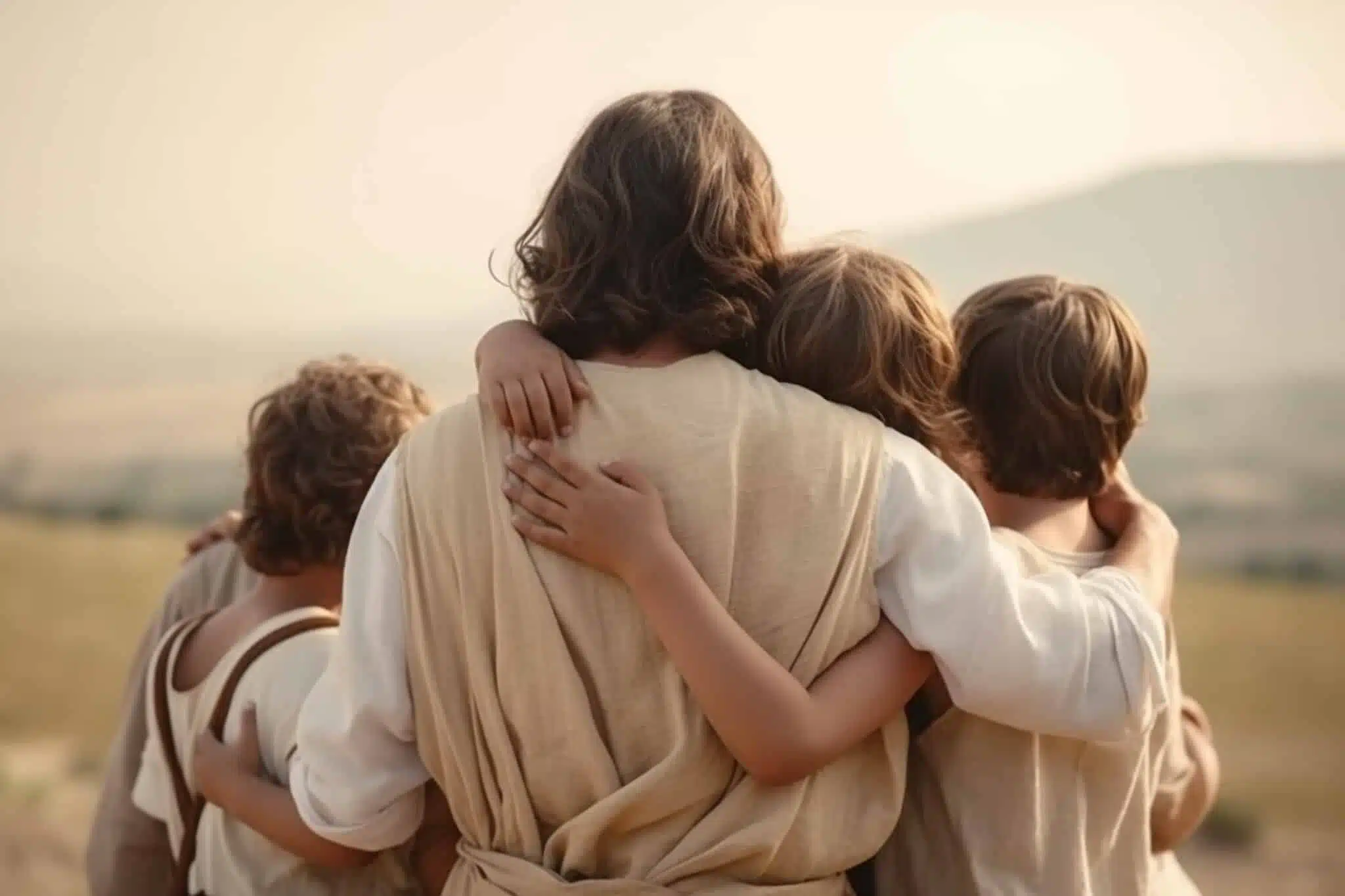
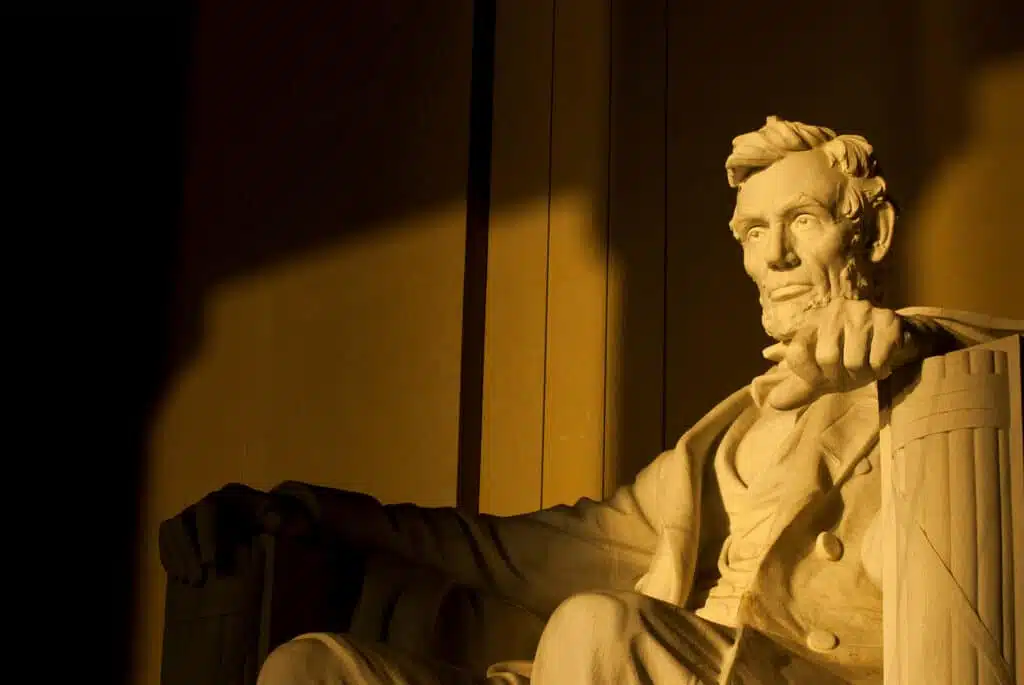

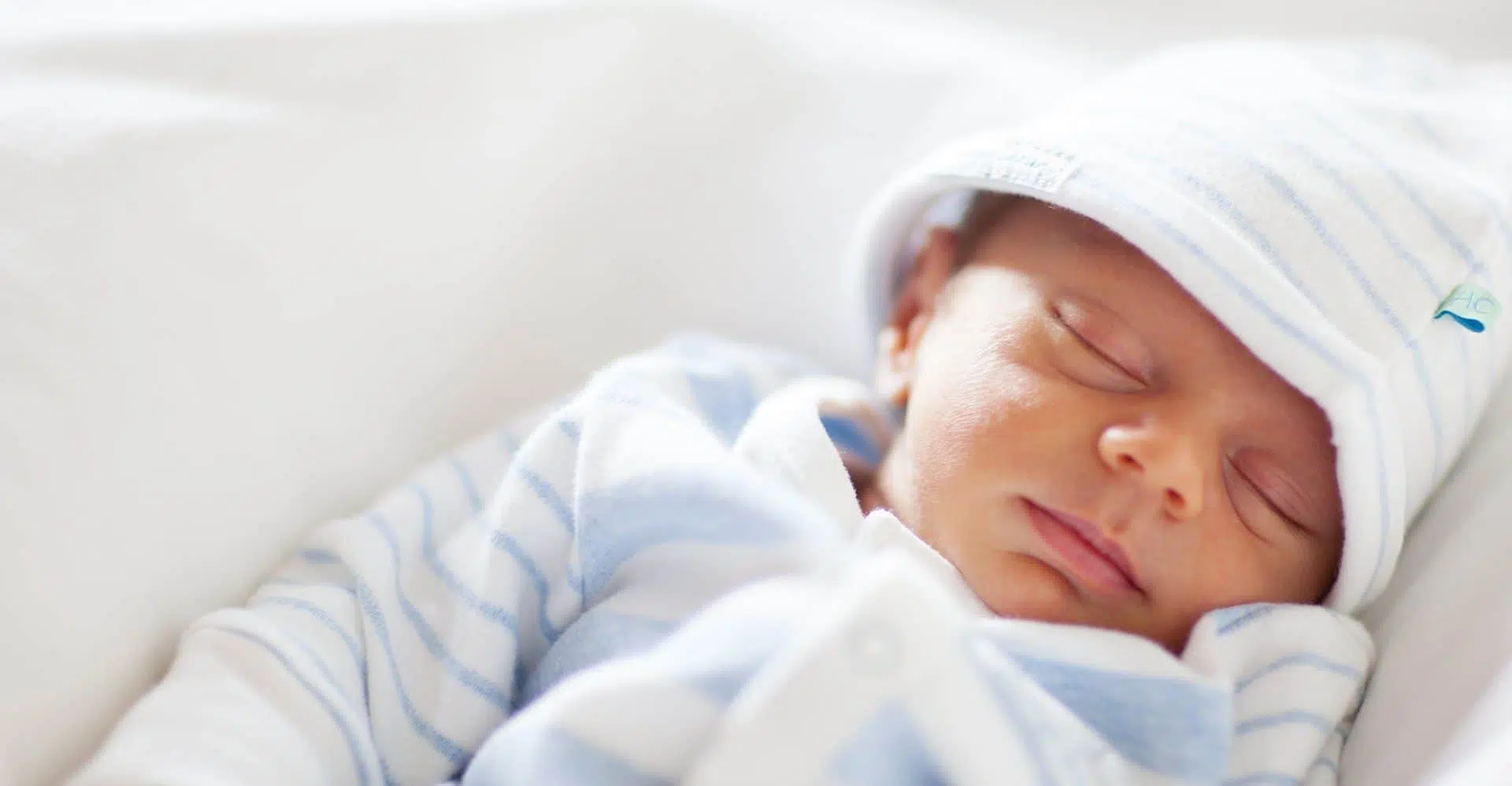


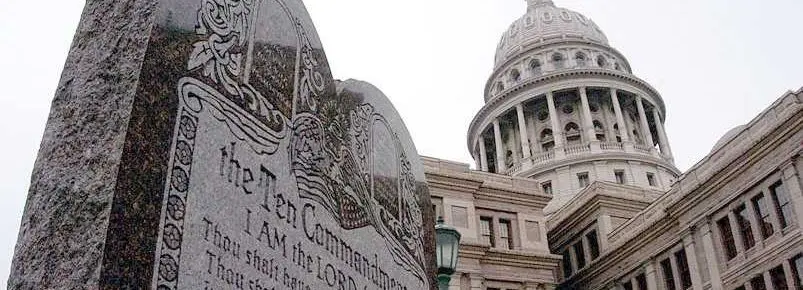
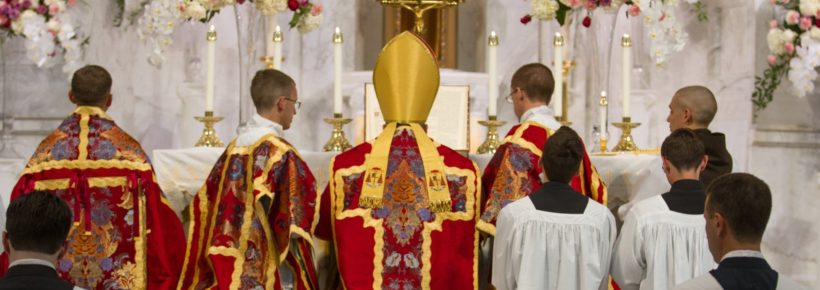
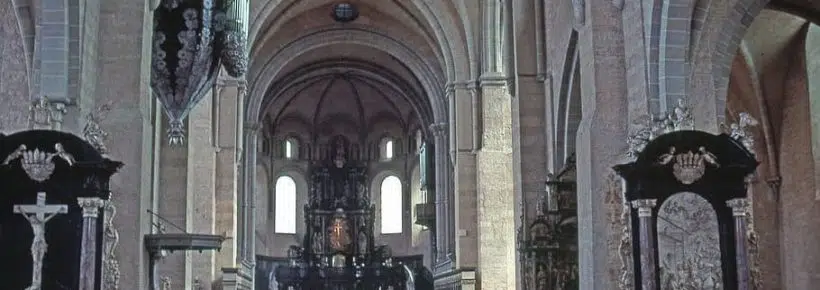




Pray for them? Where in the Bible does it say to do that?
The Bible tells us to pray for all our fellow human beings, that they may be saved. That includes unborn children.
“As pro-life author Randy Alcorn has found, even some priests and pastors ask the question, ‘Why are you trying to do all this stuff to prevent abortions? Children are better off dying, they’re going to be in Heaven forever.’”
How sickening. I always wondered why atheists think our belief in Heaven makes murder palatable, and that this explains the killings done by Christians. Now I know. These priests are the best case for atheism imaginable. They’re going to Hell unless they repent.
Thank you, Paul Francis for explaining precisely what the Catholic Church teaches and has always taught concerning the necessity of water Baptism to remit original sin, gives the recipient sanctifying grace, with the indelible mark on the soul, and makes us children of God for salvation.
I am the Mother of 13 living children and 7 miscarriages. Feelings, sentiments, or speculations cannot replace the trust in the justice and mercy of God, which is revealed in the solemn professions of the Catholic Church. Mormons believe that they can have their deceased relatives baptized (and their baptism is not even valid anyway.) Protestants believe in waiting for the individual to grow up and choose for themselves. This is inconsistent with the history of the one true Church’s practices.
This unfortunate article relies upon a certain theory as though that theory were, in fact, Church doctrine. The concept “Baptism of Desire” is an inversion of “desire for Baptism” spoken of in the canons of Trent addressing Justification. We know of no means other than sacramental baptism for conferring upon any soul that character which configures the recipient to the common priesthood of the Faithful enabling participation in the Eucharistic Sacrifice. While we hope for the salvation of little ones who lose their lives prior to receiving the sacred waters, we are not free to speculate about Baptism being something other than necessary. Even devout parents cannot “effect” a sacrament upon their offspring, simply by a sheer act of will. It is concomitant with the viciousness of abortion’s crime that it deprives an innocent child not only of life, but of a necessary means of salvation. How God may provide for an eventual vindication of such children is something reserved to Himself till the end of the age; love on our part, as said above prompts hope on this point. The fact remains, however, that God does not contradict Himself: “Unless a man be born of water and the Holy Spirit, he cannot enter the kingdom of God.” (Jn 3:5)
God creates each person for a mission. Even handicapped people have a mission. Humans may not interfere with the mission that God has ordained for each person. Killing them interferes. We cannot judge a person’s mission by what that person can accomplish on earthly endeavors. The spiritual life is the ultimate life.
Every human being in heaven has been tested by the devil, including Jesus and Mary. We can surely expect that murdered babies will also be tested; therefore, people should pray for the soul of their miscarried babies, as well as for all aborted babies.